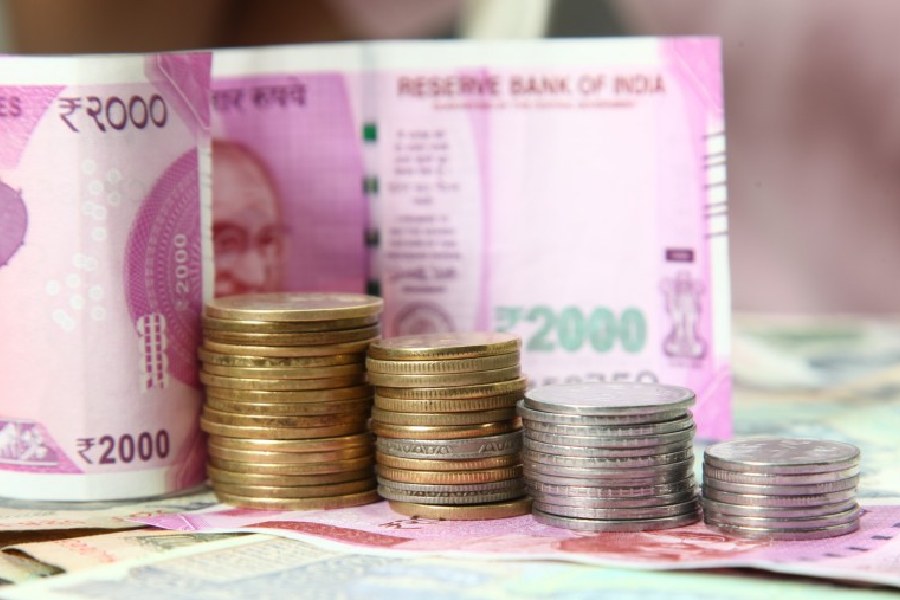 |
 |
| DRUGS AND ROCK ’N’ ROLL: Lax law enforcement attracts foreigners to Indian rave parties |
He should know. He has been running a sustained campaign in Goa against rave, an acronymn for Real and Virtual Energy. While rave has been around in Indian metros for a while, it’s been thriving in places such as Goa, Mumbai, Delhi and Bangalore or even in hill-town Manali with its trappings of high-energy electronic music, designer drugs and a fancy theory of active meditation.
Martins blames foreign tourists for Goa’s growing rave mania. Like the state’s hippie tourism of the 1980s, its rave scene is also foreigner dominated. “Rave parties happen every tourist season. They are attended mainly by foreigners. Goa attracts travelling ravers from the UK, Israel, Germany, France and Japan,” says Martins.
While foreigners crave rave in Goa, the locals are losing sleep. “The all-night beach rave parties use 10,000 watt sound systems to play trance music. The throbbing music keeps the nearby villages awake,” says Martins. A Public Interest Litigation (PIL) was filed in the Goa High Court last year asking the administration to control the cacophony.
Goa might be fighting its foreigner-led rave wave but trance-dance tourism is spreading across the country. The global trance-music junkie can be found dancing to electronic drum beats in several Indian cities.
When the Pune police raided a rave party on the city’s outskirts last week, they arrested seven foreigners — two Germans, three Palestinians and two Iranians. An Irish woman, who the police claim was the prime drug supplier for the party, is absconding.
During interrogation, the police found the two German ravers had arrived in India on tourist visas a month ago. “They confessed they had been attending rave parties across the country,” says Babusaheb Andhalkar, senior police inspector, Pune rural crime branch, who interrogated the two Europeans. India’s lax law enforcement has made the country a lucrative rave destination, says Andhalkar. “Overseas rave revellers come to India to attend trance parties because they know rave parties are rarely raided,” he says.
In the north, Himachal Pradesh’s Kullu valley is now known as much for its full-moon-night jungle rave parties as the beauty of the Beas. Last year, the Kullu police raided two rave parties in the forests around Manali. “Both parties were almost exclusively attended by foreigners. Cannabis and alcohol were flowing freely,” says G.D. Bhargava, superintendent of police, Kullu. He admits that moon-light jungle raves are a regular affair in Manali. “They are the best kept secret in town. The police and locals don’t get wind of it,” he says.
About 35,000 foreign tourists flock to Manali every year. Bhargava says a large number are Israelis, most of them fresh from the frazzle of military service. “For them, India has become a place to vent life’s pressures,” says Bhargava. This they do by dancing to psychedelic music on full moon nights and smoking hashish-loaded chillums. “Israelis abound the valley between April and October,” says Bhargava.
Backpacking techno-music freaks are not the only people heading to legal-hassle-free India. Like the Irish woman suspected of supplying drugs at the Pune party, foreigners have been arrested for peddling illegal LSD, ecstasy and cocaine at rave parties in Bangalore and Mumbai. A Nigerian national was arrested last year for supplying cocaine at a rave party busted on the outskirts of the city. “Bangalore has turned into a rave hotspot, thanks to a growing globally-travelled, moneyed, young population,” says a crime branch official.
Mumbai’s Anti-Narcotic Cell arrested an international drug peddler at a rave party busted in Gorai on the city’s outskirts in September last year. “The peddler was of Indian origin but operated at an international level,” says Dilip Srirao, deputy commissioner of police, Anti-Narcotic Cell, Mumbai police. Adds K.C. Verma, director general, Narcotics Control Bureau (NCB), New Delhi, “International drug peddlers will always look for a country where law enforcement is poor and the legal structure is weak.” The NCB arrests around 200 foreigners every year for drug trafficking.
The Kullu police claim to have arrested 100 foreigners in drug-related cases in the last five years. “Most foreigners carry cannabis for personal consumption. They are arrested while smuggling it out of the district,” says district SP Bhargava.
In Goa , protest is building against the ills of foreign tourism. The election manifesto of a new political party, called Goa Can (Goa Civic and Consumer Action Network), includes a demand for setting up a tourism and beach management committee. “The committee will have local representation and will look into issues such as paedophilia, foreigners buying property without a licence, drug abuse and all-night beach parties,” says Martins.










